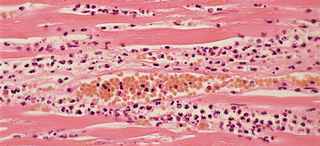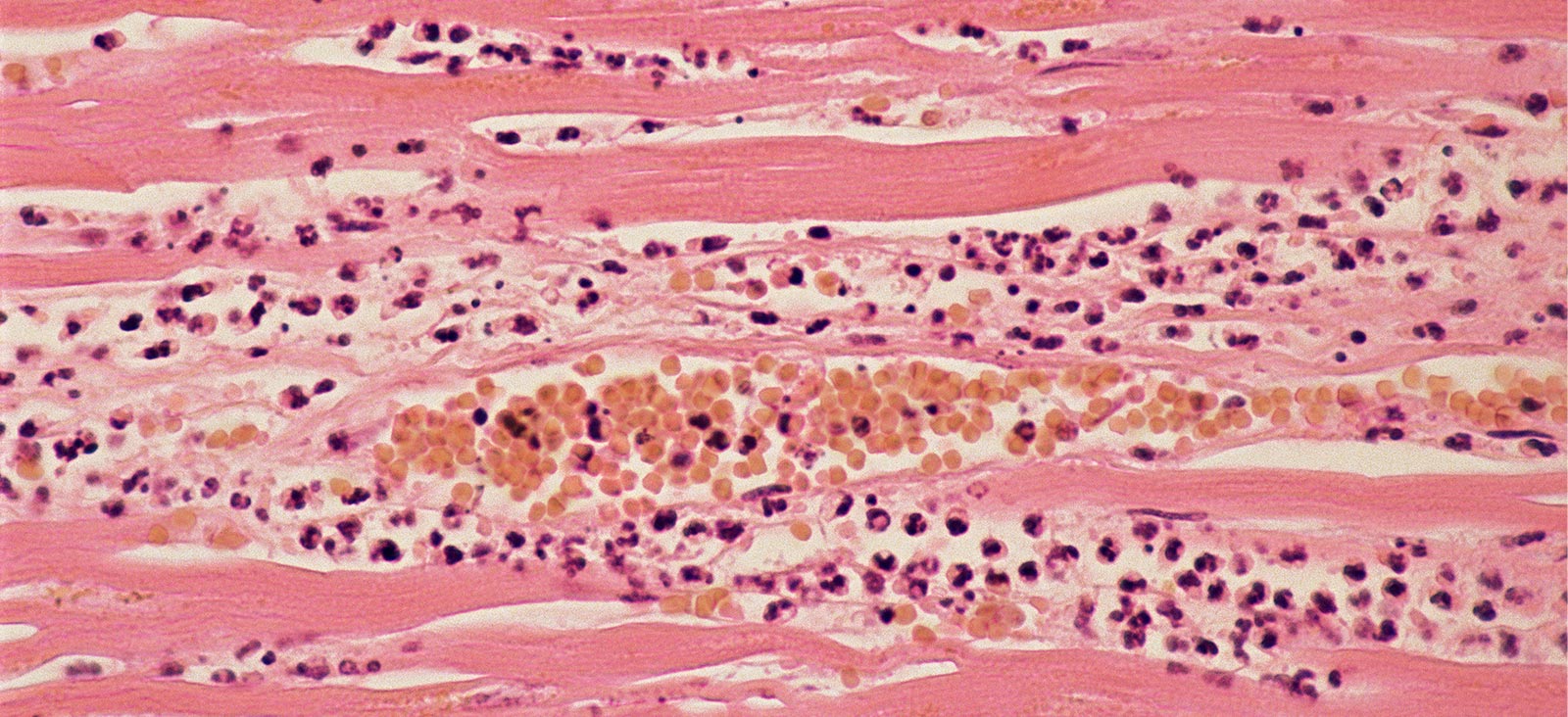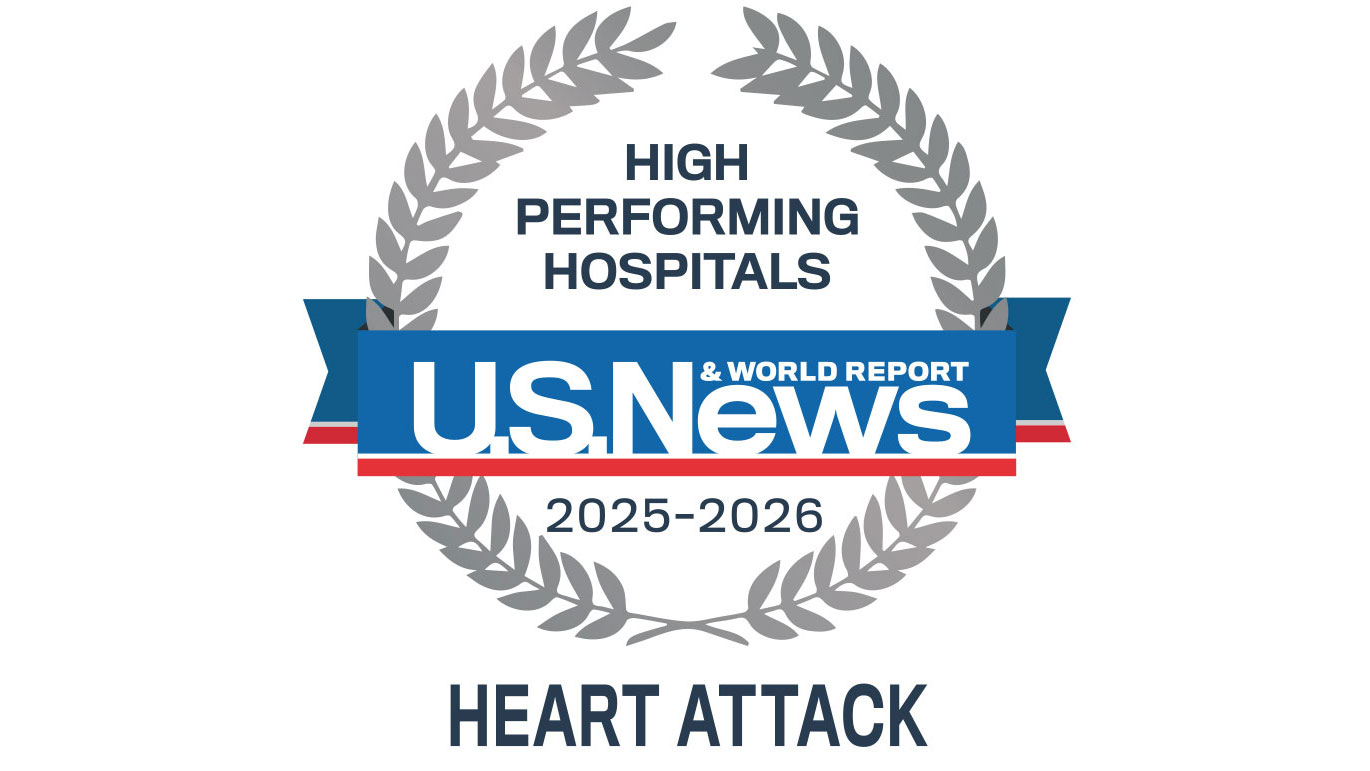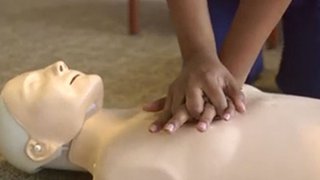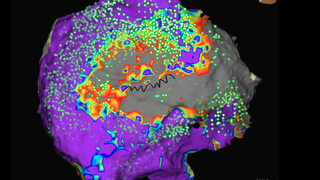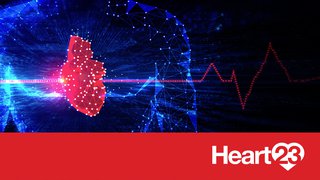Expert Care for a Serious Cardiovascular Event
A heart attack – also known as myocardial infarction (MI) – is a severe and potentially life-threatening cardiovascular event in which the muscular layer of the heart (myocardium) is deprived of blood and oxygen for an extended period of time.
UT Southwestern’s experienced heart doctors expertly diagnose and treat myocardial infarctions. Our team offers the most advanced, science-based treatments and technologies. We work closely with patients and their families to choose the most appropriate treatment to improve quality of life.
Heart Attack Causes
Causes of a heart attack include:
- Buildup of fat and cholesterol (plaque) in the arteries that supply the heart with blood
- A blood clot blocking a blood vessel in the heart
- A blood vessel spasm, commonly seen in people who use cocaine
Heart Attack Symptoms
Symptoms of a heart attack can include:
- Severe chest pressure or pain that lasts longer than 30 minutes and is not relieved by nitroglycerin
- Nausea or vomiting
- Pain that radiates to the jaw, shoulder, left arm, and neck
- Shortness of breath (dyspnea)
- Sweating (diaphoresis)
Heart Attack Diagnosis
UT Southwestern cardiologists might perform several tests to diagnose a heart attack. Common diagnostic tests include:
- Cardiac enzyme studies: To show if heart muscle was destroyed
- Electrocardiogram (ECG or EKG): To look for time elevations or depressions at the end of the ventricles’ contractions (lower heart chambers) and evaluate the time of the recovery period
- Physical exam: To check for low blood pressure, high heart rate, or a new mitral regurgitation murmur
Heart Attack Treatments
Our treatments for heart attack include:
- Adjunctive therapy: Drugs such as beta blockers, ACE inhibitors, anticoagulants, or aspirin
- Anti-arrhythmic therapy: To regulate the heart rate
- Clot-dissolving medications: Drugs given within six hours of the onset of chest pain
- Digitalis or vasodilators: Drugs to treat heart failure
- Morphine sulfate: Drug for pain relief and anxiety
- Nitroglycerin: Drug for pain relief
Support Services
UT Southwestern’s cardiac rehabilitation specialists create customized plans that integrate proper nutrition, exercise, and, if necessary, nicotine cessation into patients’ lifestyles to improve their cardiovascular health.
Clinical Trials
As one of the nation’s top academic medical centers, UT Southwestern offers a number of clinical trials aimed at improving the outcomes of patients with cardiovascular disease.
Clinical trials often give patients access to leading-edge treatments that are not yet widely available. Eligible patients who choose to participate in one of UT Southwestern’s clinical trials might receive treatments years before they are available to the public.
